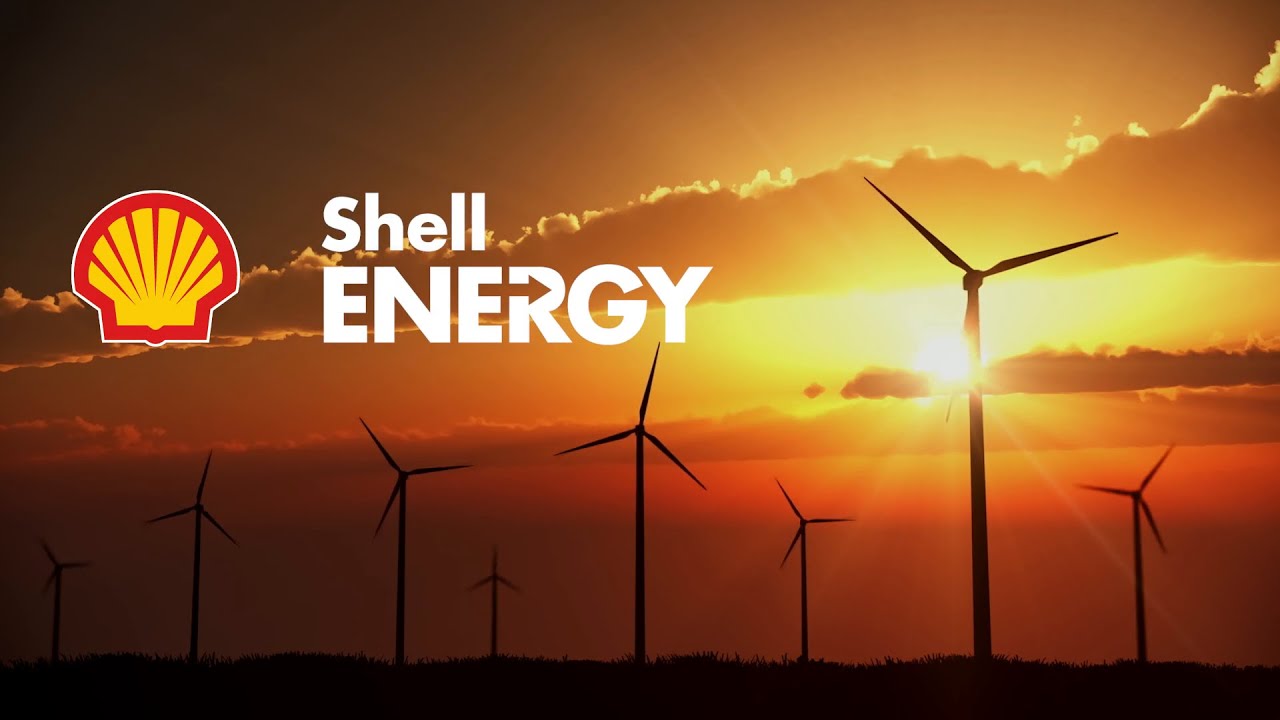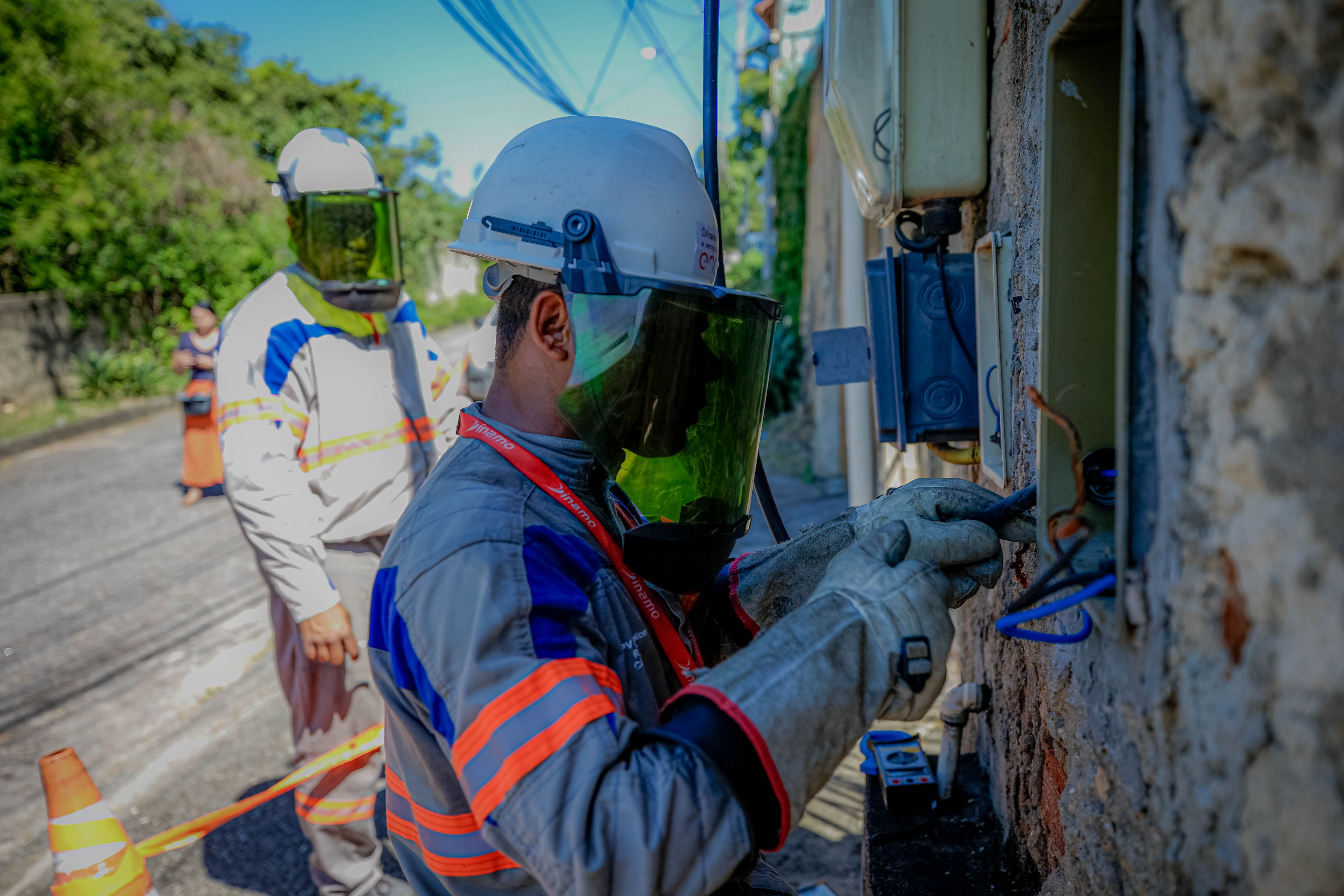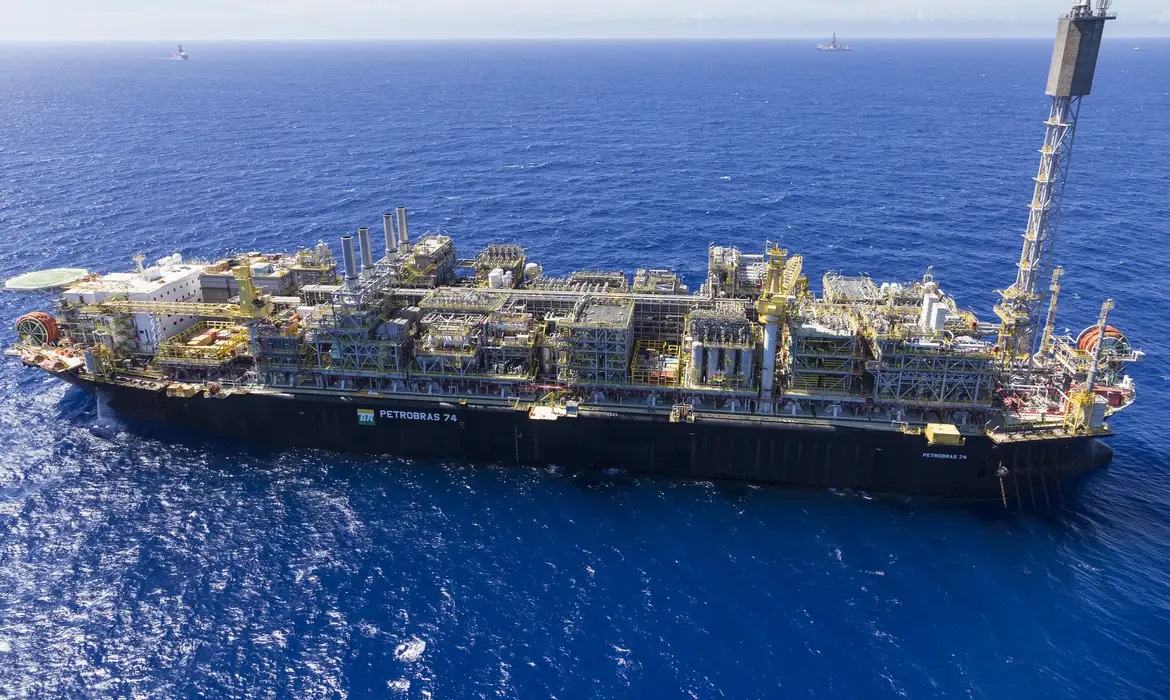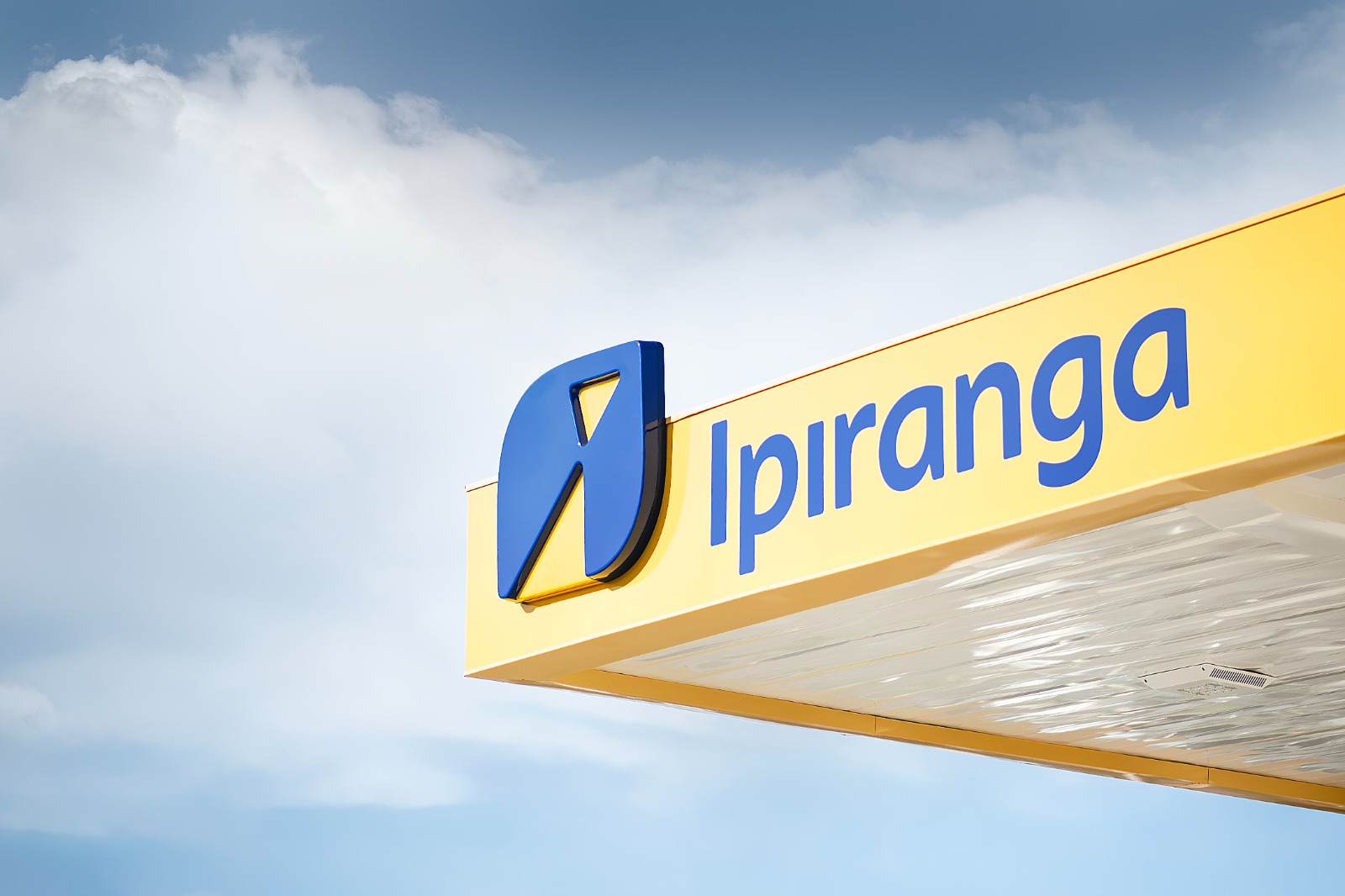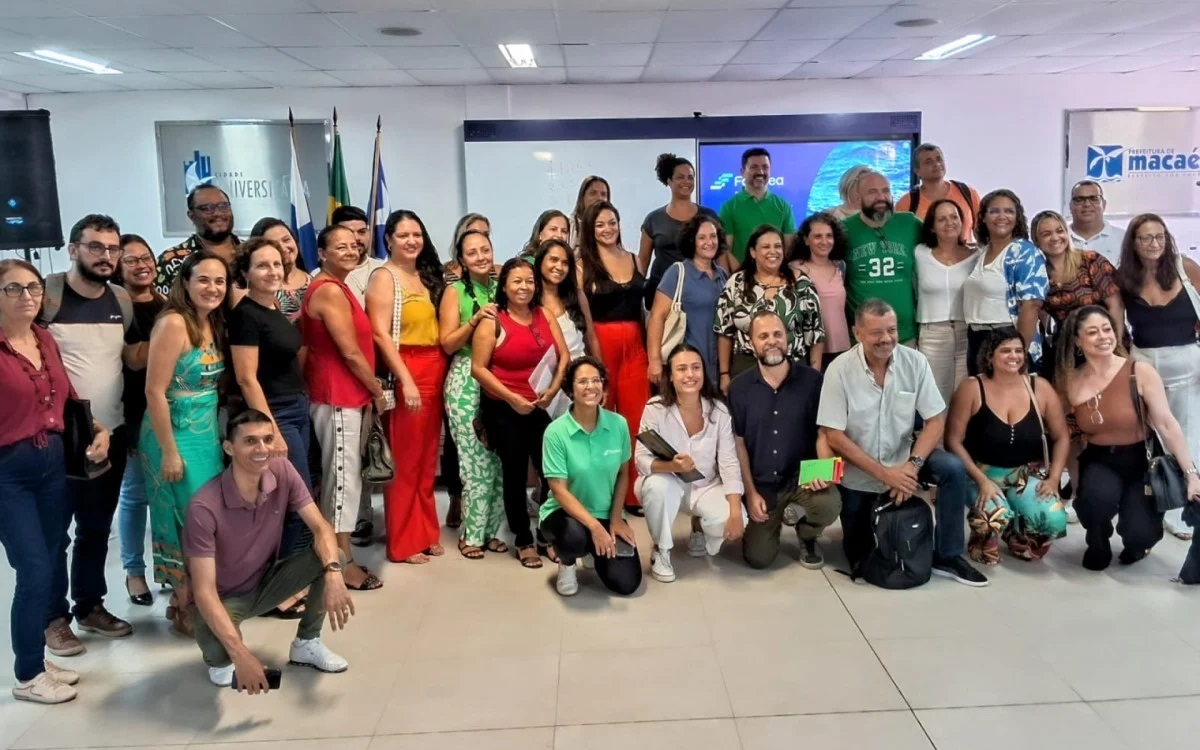Macaé: the future is now
Much has been said about Macaé, constantly quoted in the press as a phenomenon of national economic growth and an attraction to people from around the country in search of its own place under the sun. "This town, that is considered to be the center of development in the Northern part of the state of Rio de Janeiro, is now suffering the impact of the effects of the global economic crisis, on account of the reduction in the distribution of oil royalties. But although it’s going through a hard period, the city is in the process of dusting itself off and staying alive in the business world. Not even the recent discoveries of pre-salt layers in areas distant from the Campos Basin, appear to destabilize those who made their safe bets in the district.
The numbers speak for themselves. With a population of about 200 thousand people – not counting floating population, those that work in the city from Monday to Friday - Macaé today has nearly 10 thousand legal persons. Local government data lists 2.346 autonomous professionals, 2.304 companies providing services, 1913 shops and public serving establishments, 2,936 commercial establishments and 198 industries. This year, the fifth edition of the Brazil Offshore Convention, that takes place in the city, had an 18% increase in the number of presenters.
The per capita Gross Domestic Product (GDP) of the city is R$ 120 thousand, 30% higher than the national average. Going against the crisis, between September and December of last year, the city created 4,589 new positions in the job market. Statistically, Macaé was second only to the State capital, according to data released by the National Department of Labor. In Rio, with a population 20 times greater, 22 thousand job positions were opened. In 2008, Macaé was considered the best city in the state in socioeconomic development, according to the records of the Federation of Industries of Rio de Janeiro (FIRJAN) Municipal Development (IFDM).
- On account of the international crisis, 2009 so far has been an atypical year for the district. We had to tighten our belts due to the drop of almost 50% in the income resources from royalties and special shares, which is affecting not only Macaé, but other oil producing districts, such as Rio das Ostras, Quissamã and Campos, which are also cutting costs and reorganizing their budgets. Even with the impacts of the crisis, we are managing to keep the city’s economy healthy, prioritizing our investments in areas such as education, health and infrastructure. Our good figures show that Macaé has become a strong district – Brazil Offshore reflects that, so much so that we had to increase the Journalist Roberto Marinho Exhibition Center to receive all the participants, says the mayor Riverton Mussi.
But even before the crisis, Macaé already invested in diversity to strengthen its economy and make the city more independent from the oil industry. The district believes in tax incentives and punctual actions, such as creation of multi-industrial complexes, as a diversification of business. Today, besides the offshore industry, the sectors of services, construction and business tourism are the fastest growing in the city.
- And it’s not a growth with an established expiration date, unlike what many people predicted right after the first pre-salt discoveries. Regardless of investments made in other areas, Macaé is the headquarters of Petrobras in the Campos Basin, which for many years will remain the main offshore energy source of the country. But we have a responsibility to expand the city's economy not only to reduce the dependence on royalties, but also to prepare Macaé for the
future, says the chairman of the District Economic Development Fund, Francisco Navega.
Created in 2005 by the city of Macaé, Fumdec is one of these initiatives. The fund's main objective is to set off the city’s development, stimulating the formation of local productive chains, diversifying the oil industry. The goal is to keep encouraging as much industrial growth as it’s sustainable, especially in the sectors of fisheries, agribusiness, tourism, technology and construction.
- Fumdec works financing projects, providing enterprises with the access to resources for working capital. According to the rules of the Business Plan for expansion and import of the Fumdec companies, the minimum funding is R$ 50 thousand. The resources are obtained through a partnership with Banco do Brasil. Fumdec has a qualified team of employees designated to aid companies interested in developing applications for project funding, says Navega.
The district has also been making an effort to ease the lives of companies already established and of the ones that intend to establish themselves in the city. Adopting measures such as Electronic Invoice and the review of the Tax Code, in collaboration with the business sector. Among the eight new tax incentives, is a 50% reduction in the rate of the ISS (Tax on Services) for all the companies that signed Social Responsibility agreements with the city of Macaé.
With the population growth of Macaé, two new branches in the city grew also – the service provision and construction sectors. The businesses are spread throughout the city, from the highland area to the Lake of Imboassica, in the Petrobrás’ Pipe Park. Unlike other sectors, most of the jobs in construction are occupied by local labor. The services sector keeps on growing; they assist both the resident’s as well as the offshore businesses’ demands.
Another sector that has already consolidated itself is the business tourism, which represents 10% of local GDP. Today, Macaé has 2.681 housing units (BU’s) of all types - from small pensions to luxury hotels. The Macaé Convention & Visitors Bureau has 95 hotels and inns registered in the city, including the mountain region. "Our challenge now is develop the recreational tourism. Macaé is not just oil. We have a beautiful coastline and the mountain region is perfect for ecotourism”, says the local secretary of Tourism, Rosalvo Junior.
The center of offshore economy
Despite sharing the administration of the areas with the business units of Rio de Janeiro and Espirito Santo, it’s still the Campos Basin business unit that is responsible for the highest operating volume in the Basin. "Macaé is like the gravitational center of the group. Not only because of its geographic position being right in-between Espirito Santo and Santos, but also for being the largest area of business negotiation. The market in this region is still one of the most developed offshore locations when it comes to oil and gas.”, explains Giuseppe Bacoccoli, professor of Coppe-UFRJ.
Out of the 55 currently existing fields in the Campos Basin, 36 are considered mature, or have already reached its peak of production. To increase the maximum lifespan of these areas, Petrobras has been applying new technologies and has been able to obtain a 3% oil recovery increase in the basin. There are about 2,350 wells drilled in search of oil and gas, 45 off-shore platforms – out of which 41 are for production and four of them for processing of oil.
Today, about 60 thousand people work in businesses directly and 50 thousand indirectly related to the exploitation of oil. The data is from the Industrial and Commercial Association of Macaé (ACIM) and Rede Petro.
Macaé is also headquarters of one of the major inland units of Transpetro in the country. The subsidiary of Petrobrás is investing US$ 850 million - about of R$ 1,7 billion - in the expansion of the Terminal of Cabiúnas, responsible for the drainage of 90% of the processed natural gas and for 16% of the oil produced in the Campos Basin.
The plant will double its processing capacity, to feed the main energy source of the country in over 24 million cubic meters of natural gas. The Terminal of Cabiúnas i
Fonte: Click Macaé - Simone Noronha


